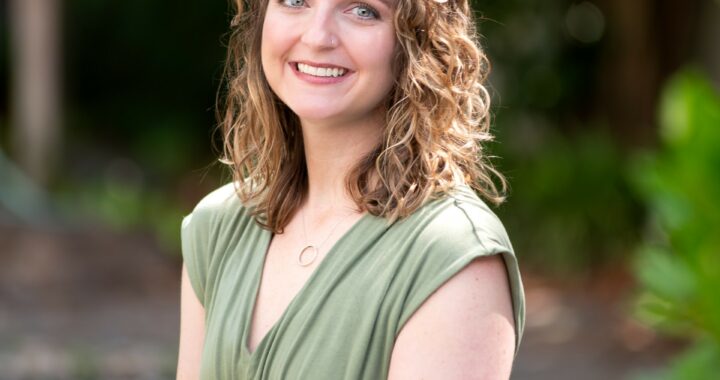Blue is the New Green at UMW
3 min readBY SADIE HAGBERG
Blue is the new green. Well, at least at the University of Mary Washington it is.
The “Blue is the new Green” environmental campaign kicked off during this year’s Freshman Orientation as part of the efforts by students and administration to make UMW a greener campus.
Led by senior Hilary Lufkin, former Ecology Club president and the current Campus Sustainability Coordinator, the campaign aims to expand recycling around campus and increase student awareness about “going green.”
Back in 2005, UMW partnered with an energy service company, NORESCO, to begin implementing projects around campus aimed to conserve resources and energy. Since the signing of the reported $8.5 million contract, NORESCO has been working with UMW to develop the best energy improvement solutions specifically geared toward our campus.
Energy management changes and renovations have been ongoing. In early 2007 renovations in the Seacobeck kitchen were completed, moving our campus toward a greener place.
“When it’s everyone doing or not doing something, it really adds up,” said junior Elisa Walker of UMW’s Ecology Club.
Last year, with the help of NORESCO, Mary Washington saved 3,261,279 kWh of electricity and 22 million gallons of water, equal to about 1,760 swimming pools.
“This year we plan to continue our efforts to reduce the carbon footprint,” said Nathaniel Delano, vice president of the Ecology Club.
The Ecology Club works closely with the Sustainability Campaign, as well as doing things on a broader scale.
Over the summer all campus residence halls and administrative buildings were equipped with fluorescent light bulbs, which use 75 percent less energy than traditional bulbs. Toilets were installed with a special flush system that uses less water, and showers were adjusted to be slower flowing.
“The school administration has been very receptive to our efforts,” Delano said. “One of our biggest and most visible successes of last year was our light bulb exchange program. We exchanged incandescent light bulbs for compact florescent bulbs.” In support of this program, it was the University that purchased the 2,000 fluorescent light bulbs.
It was also the University that took initiative in starting the Sustainability Campaign which leads the efforts of making UMW greener. With recycling being a big part of this going green movement, all residence halls have recycling boxes for recyclable items, including mixed paper products, plastics, aluminums, glass, and newsprint. In addition to the residence halls, faculty and staff are provided with desk containers for personal mixed-paper.
This spring, UMW is planning to participate in Recyclemania, a 10-week recycling competition where schools compete with one another by measuring their progress against one another on a weekly basis. By promoting reducing, reusing, and recycling, schools can heighten the awareness of waste management.
Studies show that UMW students feel energy conservation is very important. In a study conducted by NORESCO last year, 88.8 percent of students agreed that UMW should conserve energy, and 85 percent agreed that they should do something to help. However, 59 percent of people taking that same survey reportedly rarely turn off their computers when they were done.
This year in the Eagle Essentials packets, in compliance with the campus going green, freshmen were advised to buy compact fluorescent bulbs, and to practice what is called the “Big 3: take shorter showers, turn off fan/AC when you’re not in the room, and turn off your computer when you aren’t using it. These three, commonly overlooked things can largely help the University reduce its carbon footprint.
“It’s simple things that everyone knows, but not everyone does,” sophomore Kerry Bowen said.
Mary Washington’s environmental consciousness is spreading all over campus. The Copy Center, located under Seacobeck, is running a program where students can sign a leaf and attach it to a paper tree. Once they receive 200 leaves they will plant a tree outside of Seacobeck.
Join the efforts in “Going Green” and attend the Ecology Club meetings. To get on the mailing list, e-mail umwecoclub@gmail.com.
“It’s not that hard if you want to do it,” Walker said.


